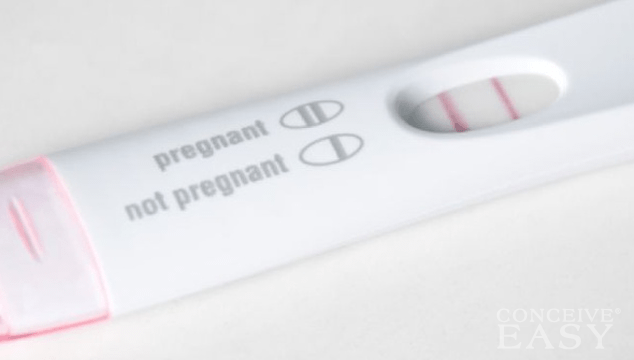For a woman to be able to conceive a baby, she needs to have a normal ovulation process. The most frequent cause of impaired fertility is related to ovulation problems. Regardless of the specific problem related to ovulation, infertility is undeniably a highly probable consequence. Claim Your 20 Free Ovulation Tests – Click Here
Ovulation implies the production and release of an egg, which has reached full maturity. Upon finding its way in the fallopian tubes, the mature egg can be fertilized. Absence of ovulation means that no egg is released from the ovarian follicle in the first place, turning the reproductive system fruitless. The good news is that ovulation-related problems are treatable in 85% of the cases.
The 3 common disorders related to ovulation that lead to fertility issues are as follows:

This medical condition is the main reason for infertility and it denotes the inability of a woman to ovulate. Her body is not able to develop and release eggs without the aid of specific medication, due to a complete lack of the menstrual cycle. The primary cause leading to this ovulatory dysfunction is polycystic ovarian syndrome.
The process of ovulation is stimulated by two hormones secreted by the pituitary gland: the luteinizing hormone and the follicle-stimulating hormone. Testing the levels of these two hormones can provide much-needed information on the specific cause of anovulation; if the LH level is higher than the FSH level, the diagnosis is polycystic ovarian syndrome. Induction of ovulation is possible in this case.

Irregular or delayed ovulation (oligo-ovulation) is due to infrequent and inconsistent menstrual cycles. Periods shorter than 21 days or longer than 36 days, or which vary each month, point to an ovulatory dysfunction. This condition needs to be addressed medically, aiming to achieve a proper hormonal balance.
Some of the causes of this disorder include premature ovarian insufficiency or premature ovarian failure (women reach menopause earlier than normal), high levels of prolactin hormone and thyroid-related disorders. Sometimes ovulation after Depo provera birth control shot can caused delayed ovulation. Knowing when ovulation will occur is essential to conceiving; therefore, this ovulatory dysfunction may be a cause of infertility.

Luteal phase defect interferes with embryo implantation. The luteal phase occurs between ovulation and the start of your next period. The ovulation cycle has two phases: the follicular phase, focused on the growth of ovarian follicles and the luteal phase, involving LH and progesterone production. When the latter is shorter than normal, it leads to infertility, because the fertilized egg fails to be implanted.
If you seek proper medical treatment to address these problems related to ovulation, infertility can be cured. Inducing or regulating ovulation with the help of medication is the key to optimizing the chances of getting pregnant.










Comments